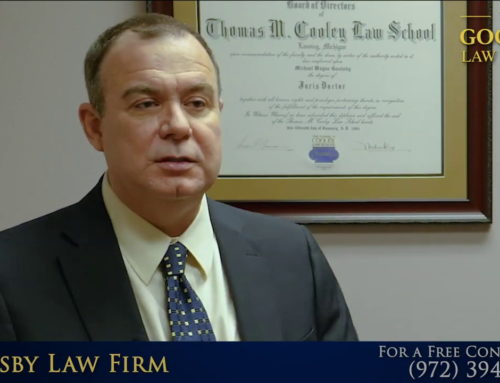 Consider this situation. A random stranger, a friend or even a spouse has instigated a fight with you and you are forced to defend yourself. Police arrive, break it up, take down statements and you think everything is going to be fine. After all, you were defending yourself, right?
Consider this situation. A random stranger, a friend or even a spouse has instigated a fight with you and you are forced to defend yourself. Police arrive, break it up, take down statements and you think everything is going to be fine. After all, you were defending yourself, right?
Wrong. The next thing you know, you are in handcuffs. The good news is claiming self-defense is a great defense and a criminal defense attorney can work with that. The bad news? Self-defense laws in Texas have their limits, but an attorney can help you determine what your rights are moving forward.
What are the Texas Self-Defense Laws?
Section 9.31 of the Texas Penal code is the self-defense statute, which is considered less of a defense and more of a justification. This is an important distinction. It means force is justified “when and to the degree necessary to protect the actor reasonably believes the force is immediately necessary to protect the actor against the other’s use or attempted use of unlawful force.”
However, the limits of the self-defense laws are important and could crumble your defense. They do not apply in the following circumstances:
- The use of force is not justified (meaning the force must be reasonable under the circumstances)
- The use of force is in response to verbal provocation (you can’t punch someone for something they say)
- Resisting arrest is not self-defense
- If consent was involved
- If the person attacking you abandons the encounter or communicates his intent to do so (you have to stop defending if he or she stops attacking)
- You cannot claim self-defense after an assault if you carried an unlawful weapon and picked a fight with someone
Essentially, under Texas law, you are legally allowed to protect yourself, but no more than the extent necessary. You must act within reason. Bearing in mind this blog is strictly informational, the only way to know if you have a viable self-defense case is to consult with a criminal attorney if you have been accused or arrested for assault.
Mike Goolsby is a criminal defense attorney that fights for those accused of assault in the Dallas, Fort Worth, Plano and Arlington areas of Texas. He was the chief prosecutor in Dallas County and knows what it takes to help you with your case.







